From its earliest days, the EIS has sought to collaborate with teacher unions beyond Scotland’s borders.
A plaque in HQ acknowledges the work of George Cossar Pringle, for example, an early general secretary whose work contributed to the foundation of the World Federation of Teacher Associations in the early part of the 20th century.
A particularly important partnership for the EIS was with the National Union of Teachers, which organised elsewhere in the UK but not in Scotland. This partnership continues today, following the merger in 2017 of the NUT with the Association of Teachers and Lecturers, to create the National Education Union.
The Institute was also a founding member of the British Irish Group of Teacher Unions (BIGTU), which was formed in 1977 and continues to this day, involving all of the major Irish and UK teacher unions.
Larry Flanagan, current general secretary of the EIS, is also president of the European Trade Union Committee for Education (ETUCE), which represents more than 11 million members across 127 trade unions and 51 countries.
ETUCE constitutes the European arm of Educational International, the global federation that continues the tradition initiated by Cossar Pringle and his colleagues in the earliest days of the Institute. Flanagan follows on from his predecessor, Ronnie Smith, who served two terms in the same post.
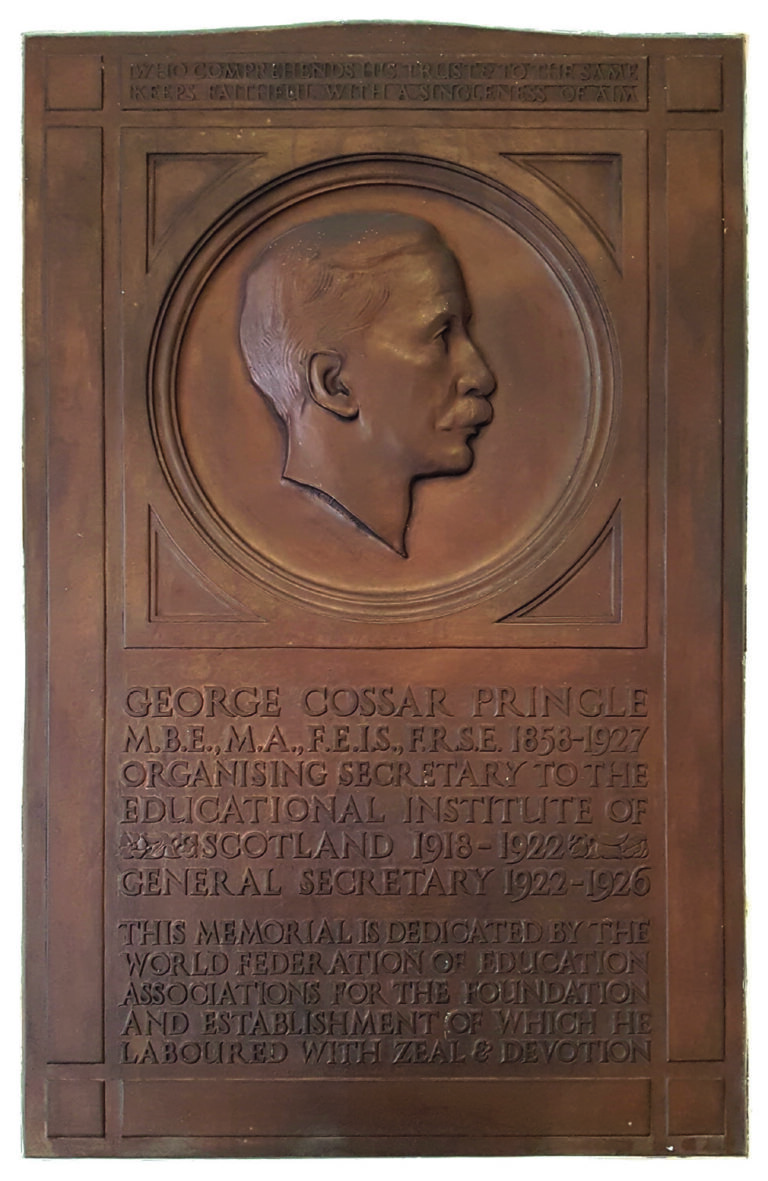
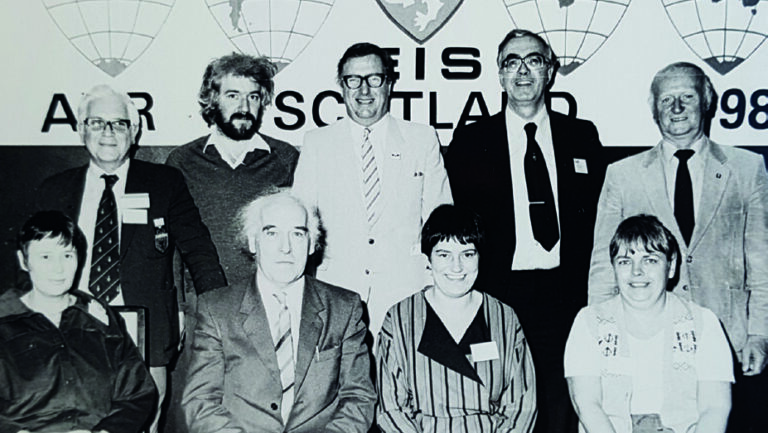

The EIS is central to Scotland’s educational life and future. This is in no small part due to its profound belief that Scotland’s destiny will be defined by the quality of its education. All its actions over these past 175 years express that belief via its work to promote and protect education as a right and teaching as a profession.
As a teacher organisation it is tremendously effective in protecting, promoting, and providing for its members’ interests because it is respected throughout the country. EIS is also respected and valued beyond the borders of Scotland.
It is fundamentally internationalist both in its relationship with other teacher organisations and in its willingness to learn from educational developments across the world. I’m proud of the EIS’ engagement with Education International.
Despite being the oldest national body I’m aware of, it continues to vigorously and consistently punch above its weight fighting for education and the world’s teachers.
David Edwards, Ph.D
General Secretary, Education International 2019
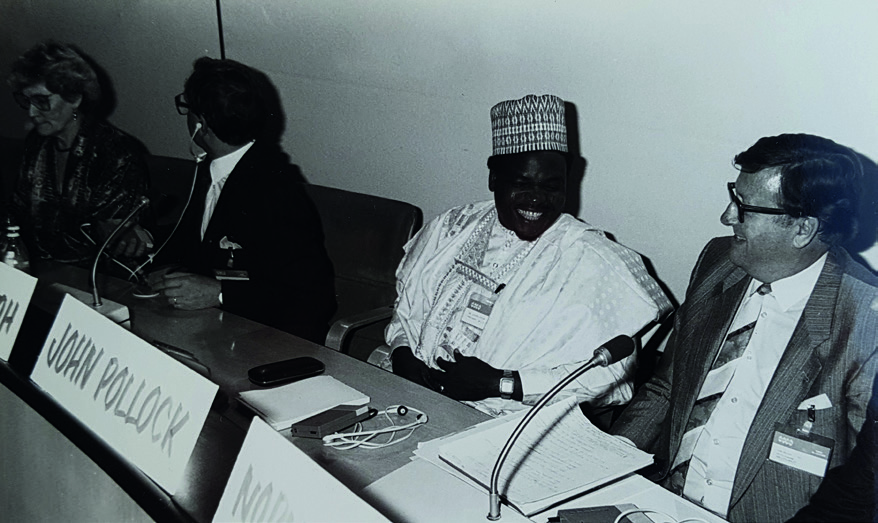
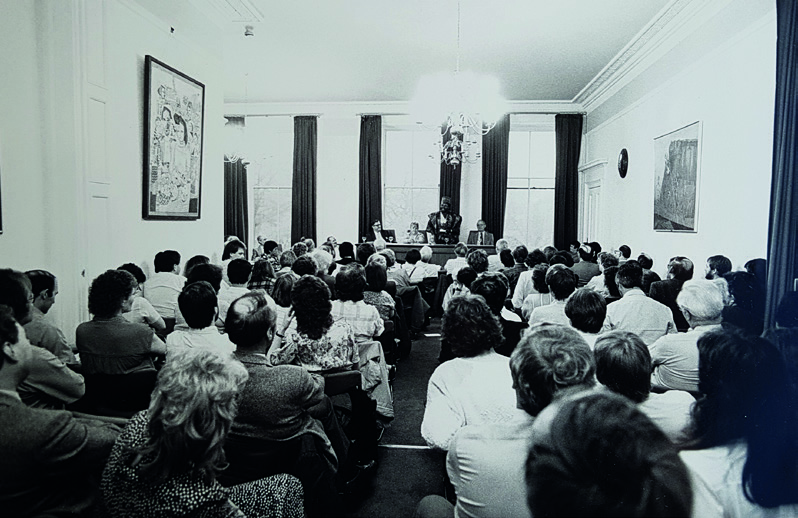
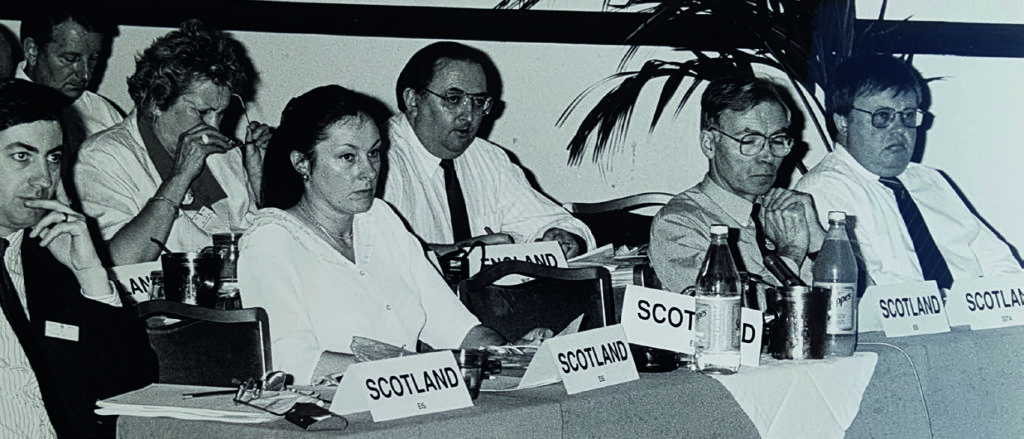
2019 EIS AGM
ACKNOWLEDGEMENTS:
Research, interviews and substantive writing:
Adi Bloom
Design and lay-out:
Stuart Cunningham and Paul Benzie
Additional writing and research:
EIS Comms Team and assorted staff members
Printed by:
Ivanhoe Caledonian, Seafield Edinburgh
Photography:
Graham Edwards, Mark Jackson, Elaine Livingston, Toby Long, Ian Marshall, Alan McCredie, Alan Richardson, Graham Riddell, Lenny Smith, Johnstone Syer, Alan Wylie


Thanks to the many former activists and officers who gave of their time to be interviewed and taken a stroll down memory lane. And of course a very special thanks to the EIS members who created this history through their activism and commitment to the cause of Scottish Education.
© 2022 The Educational Institute of Scotland